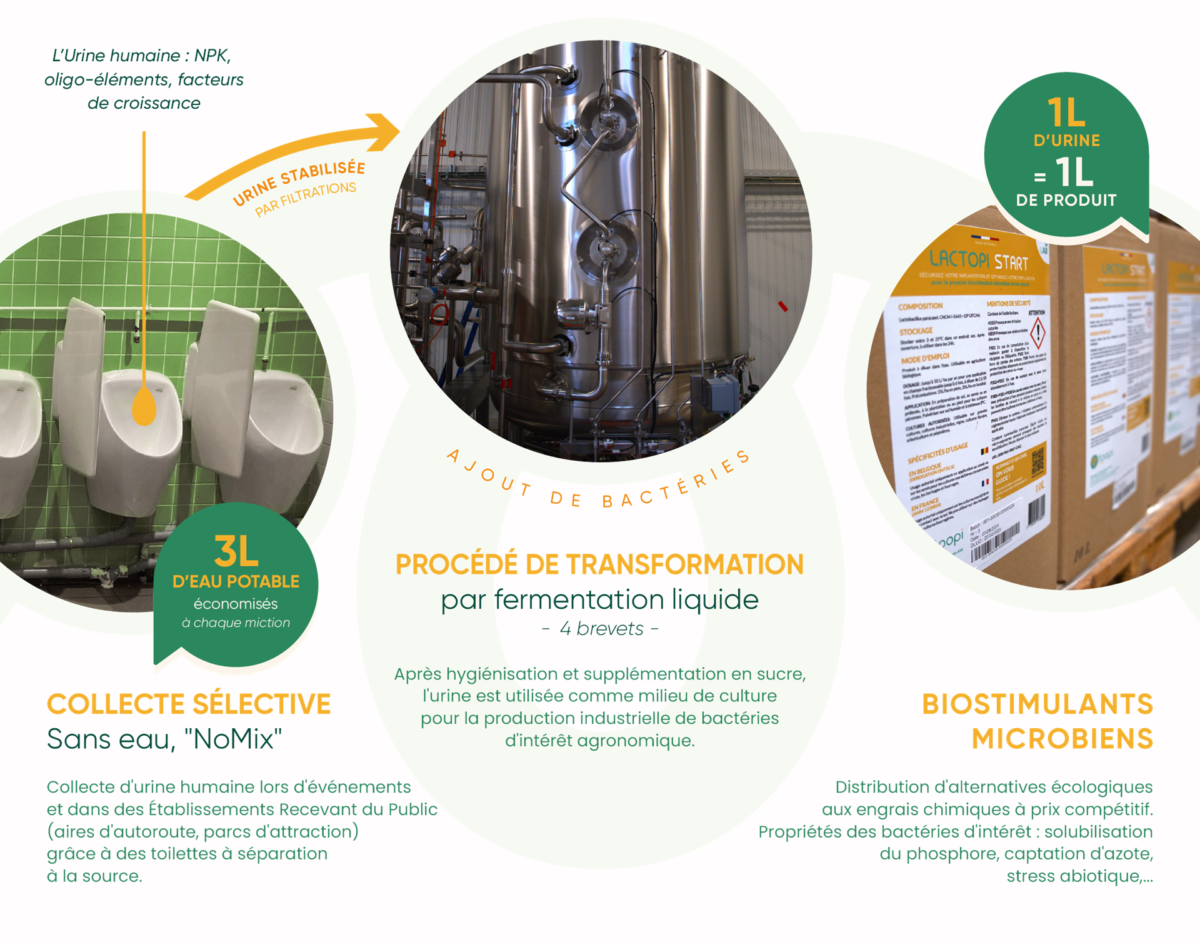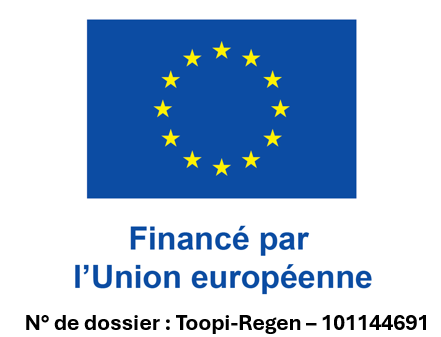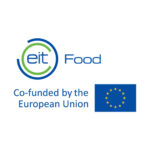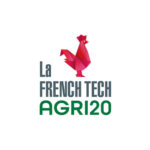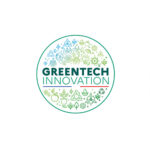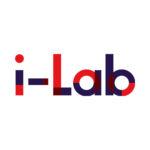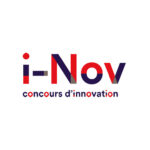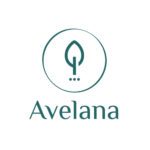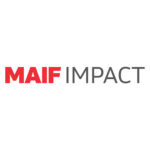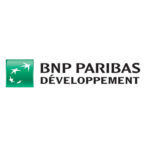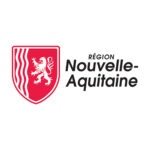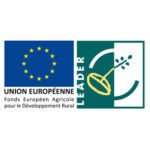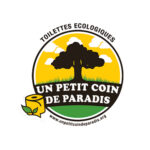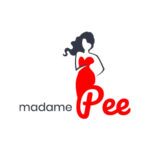CONTEXTE
L’eau, une ressource en tension, dans laquelle nous urinons
L’eau, une ressource précieuse et de plus en plus sous tension, est pourtant souvent mal utilisée, notamment lorsque nous urinons dedans. Alors que les épisodes de sécheresse sont de plus en plus fréquents et devraient s’intensifier avec le changement climatique, les restrictions d’usage touchent déjà de nombreux secteurs : l’agriculture, qui souffre d’un manque d’irrigation, l’industrie, qui doit réduire sa consommation, ainsi que les ménages, qui sont invités à limiter leur usage de l’eau potable. Cette pression croissante sur la ressource exige une réflexion sur la manière dont nous gérons et utilisons l’eau au quotidien.
Une agriculture dépendante des engrais chimique, sous pression réglementaire
Dans un contexte de réchauffement climatique, d’appauvrissement des sols, d’effondrement de la biodiversité et de tension alimentaire, les solutions de fertilisation durables sont privilégiées par les instances réglementaires.
Un besoin de résilience et de régénération des agrosystèmes
- Augmenter la fertilité naturelle des sols en limitant le recours aux intrants chimiques
-
Généraliser les rotations longues et diversifiées des cultures et la
couverture des sols - Protéger la vie du sol et l'érosion en minimisant sa perturbation
- Favoriser la circularité des nutriments
Un besoin de résilience et de régénération des agrosystèmes
- Augmenter la fertilité naturelle des sols en limitant le recours aux intrants chimiques
-
Généraliser les rotations longues et diversifiées des cultures et la
couverture des sols - Protéger la vie du sol et l'érosion en minimisant sa perturbation
- Favoriser la circularité des nutriments
NOTRE MISSION
Sortir l’urine du cycle de l’eau, et la transformer en ressource pour une agriculture performante, résiliente, et écologique.
NOTRE TECHNOLOGIE
Pourquoi fermenter l’urine humaine ?
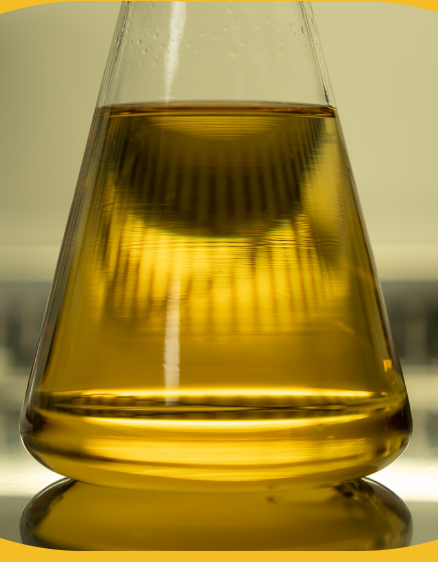
Urine brute
-
Faible teneur en NPK (N = Azote, P = phosphore, K = Potassium)
par litre: 9g de N / 2g de P / 2,7g de K -
17 000 L/ha
pour apporter 35kg de phosphore
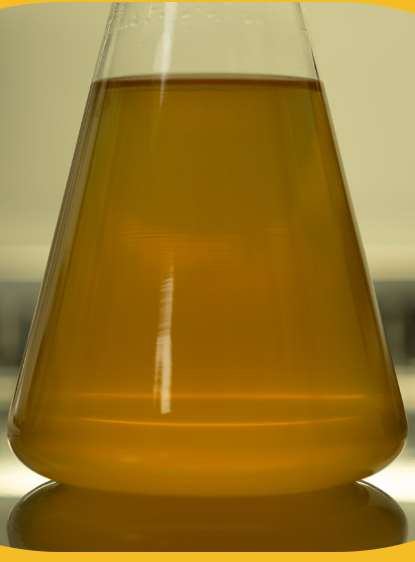
Urine fermentée
-
Haute concentration
en bactéries et métabolites -
25L/ha
pour solubiliser 35kg de phosphore
Fabriquer des biosolutions agricoles urino-sourcées à faible impact environnemental
